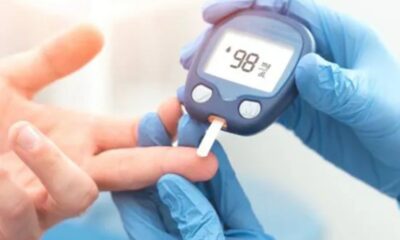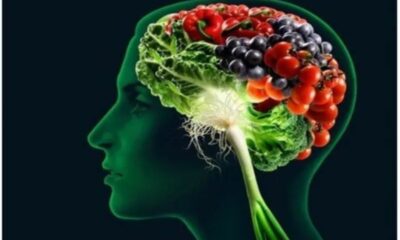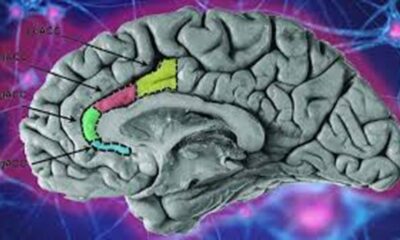Newer treatments for anxiety and depression could be developed using a bacterium present in fermented foods and yogurt.
The human digestive tract is home to over 39 trillion microorganisms, including bacteria and fungus. These microorganisms, collectively referred to as the microbiota, are essential to preserving immune system function.
Research has indicated that an imbalance in the microbiome could potentially heighten the likelihood of mental health conditions like sadness and anxiety.
Previous studies conducted by scientists in Medicine revealed that the Lactobacillus bacteria was lost after psychological stress and that it helped to improve mood disorders. The researchers were even able to treat lab mice’s depression by using the microorganisms.
The researchers employed a collection of bacteria known as Altered Schaedler Flora, which included two strains of Lactobacillus and six additional bacterial strains, in their most recent study, which was published in the journal Brain, Behavior, and Immunity.
To avoid using antibiotics, the researchers produced mice with and without Lactobacillus. Antibiotics can have unintended side effects even though it is a common research technique to disturb the microbiota and colonize it with the desired microorganisms.
According to the study, the Lactobacilli bacteria keep interferon gamma, an immunological mediator that controls the body’s reaction to stress and helps ward off depression, at normal levels.
According to the scientists, the results might open the door to novel therapies for depression and other mental health issues. As an example, the treatment plan might involve taking probiotic pills that have been carefully designed to maximize the patient’s levels of Lactobacillus.
How to strengthen your digestive system
Before Lactobacillus probiotics be utilized to prevent or treat depression, extensive human clinical trials are required.
But preserving the microbiota balance is essential to avoiding obesity, type 2 diabetes, atopy, and gastrointestinal disorders like irritable bowel syndrome (IBS) and inflammatory bowel disease (IBD).
An individual’s microbiota is affected by their surroundings, medications they take, and family genes. Another important aspect affecting intestinal health is what they eat.
Eating thirty plant-based foods a week, such as fruits, vegetables, whole grains, legumes, nuts, and seeds, is advised by the British Health Foundation.
While stomach cramps, diarrhea, or constipation may indicate an imbalance in the microbiota, many individuals with a sick gut never experience any of these symptoms.
Certain foods naturally contain probiotics, while probiotic pills are frequently used to treat these symptoms and enhance the gut microbiota:
- Kefir and yogurt
- Fermented cabbage, or sauerkraut
- Tempeh, a product of fermented soybeans
- Kimchi is a hot meal that is mostly made of fermented cabbage.
- Kombucha, or fermented green or black tea
- Pickles
According to the study, Lactobacillus may be useful in treating mental health issues. Probiotics, however, are not a substitute for medicine or counseling. Talk to your healthcare professional about any anxiety or depressive symptoms you may be experiencing.

 Diabetology2 weeks ago
Diabetology2 weeks ago
 Diabetology7 days ago
Diabetology7 days ago
 Diabetology7 days ago
Diabetology7 days ago
 Diabetology4 days ago
Diabetology4 days ago
 Diabetology15 hours ago
Diabetology15 hours ago















